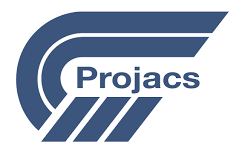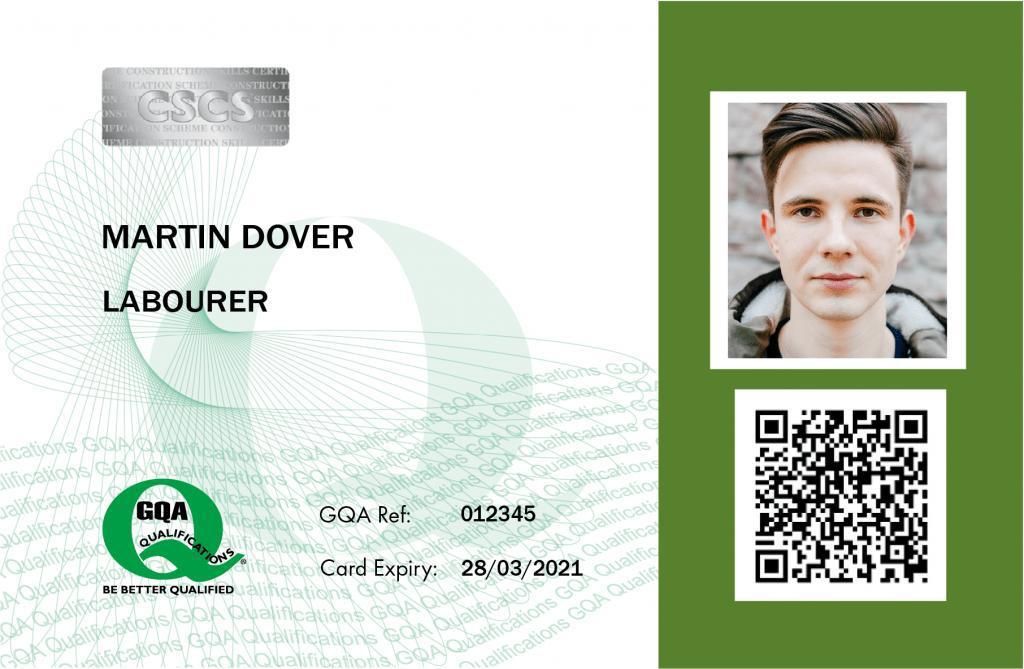
Planning Skills, Monitoring, Evaluation and Innovation @ Work
Course ID: 2506304501063EGI
Course Dates : 30/06/25 Course Duration : 5 Studying Day/s Course Location: Istanbul, Turkey
Language: Bilingual
Course Category: Professional and CPD Training Programs
Course Subcategories: Operations and Process Excellence
Course Certified By: * Projacs Academy
* Professional Training and CPD Programs
Certification Will Be Issued From :
KSA
Course Fees: £3,424.06
Vat Not Included in the price. VAT may vary depending on the country where the course or workshop is held.
Click to Pay
Date has passed please contact us Sales@e-s-hub.com
Course Information
Introduction
Effective planning, rigorous monitoring, systematic evaluation, and strategic innovation are integral components of successful organizational performance. These elements ensure that projects, policies, and initiatives achieve their intended outcomes while fostering adaptability and continuous improvement. Planning serves as the foundation for structured decision-making, enabling organizations to define objectives, allocate resources efficiently, and establish clear timelines for execution. Without a well-defined planning strategy, businesses and institutions risk inefficiencies, resource misallocation, and missed opportunities for growth.
Monitoring acts as an essential mechanism for tracking progress, identifying deviations from planned objectives, and making timely adjustments. It provides real-time data and insights that help organizations maintain alignment with their goals. Through continuous monitoring, managers and teams can anticipate challenges, mitigate risks, and enhance accountability at all levels. A structured monitoring system also contributes to improved transparency, ensuring that stakeholders remain informed and engaged throughout the implementation process.
Evaluation complements monitoring by assessing the effectiveness, efficiency, and impact of implemented strategies. It involves a thorough analysis of outcomes to determine whether objectives have been met, resources have been optimally utilized, and lessons can be extracted for future improvements. Organizations that prioritize evaluation develop a culture of evidence-based decision-making, allowing them to refine their strategies and enhance operational efficiency.
Innovation is a critical driver of organizational success, enabling businesses and institutions to remain competitive in dynamic environments. By fostering a culture of innovation, organizations can introduce creative solutions, optimize processes, and respond proactively to emerging challenges. Integrating innovation into planning, monitoring, and evaluation frameworks ensures that organizations remain adaptable and forward-thinking.
One of the key challenges in this domain is achieving a balance between structured processes and flexibility. Organizations often struggle with rigid planning frameworks that do not accommodate evolving circumstances, leading to inefficiencies and resistance to change. Similarly, monitoring and evaluation mechanisms must be designed to provide actionable insights without becoming overly bureaucratic or burdensome. Addressing these challenges requires a strategic approach that combines analytical rigor with adaptive thinking.
This comprehensive course provides participants with the essential knowledge and practical skills to enhance their planning capabilities, establish effective monitoring and evaluation frameworks, and integrate innovation into their work processes. Through a blend of theoretical insights, case studies, and interactive exercises, participants will develop the competencies necessary to drive efficiency, accountability, and sustainable growth within their organizations.
Objectives
By attending this course, participants will be able to:
Develop and implement structured planning frameworks that align with organizational objectives.
Apply effective monitoring techniques to track progress and ensure goal attainment.
Utilize evaluation methodologies to assess the impact and efficiency of projects and initiatives.
Identify key performance indicators (KPIs) and develop measurable outcomes for continuous improvement.
Integrate innovation strategies into planning and evaluation processes to enhance adaptability and competitiveness.
Strengthen decision-making capabilities through data-driven analysis and performance measurement.
Enhance problem-solving and critical thinking skills for dynamic work environments.
Foster a culture of continuous learning and improvement within teams and organizations.
Who Should Attend?
This course is ideal for:
Project managers, program coordinators, and strategic planners seeking to enhance their planning and evaluation skills.
Business leaders and executives responsible for driving innovation and performance improvement.
Policy analysts and government officials involved in program design, monitoring, and impact assessment.
Human resource professionals aiming to implement performance measurement systems and talent development strategies.
Operations managers and quality assurance specialists focused on optimizing processes and outcomes.
Entrepreneurs and business owners seeking to integrate structured planning and innovation into their operations.
Professionals in non-profit organizations and international development sectors involved in project execution and evaluation.
Training Method
• Pre-assessment
• Live group instruction
• Use of real-world examples, case studies and exercises
• Interactive participation and discussion
• Power point presentation, LCD and flip chart
• Group activities and tests
• Each participant receives a 7” Tablet containing a copy of the presentation, slides and handouts
• Post-assessment
Program Support
This program is supported by:
* Interactive discussions
* Role-play
* Case studies and highlight the techniques available to the participants.
Daily Agenda
The course agenda will be as follows:
• Technical Session 08.30-10.00 am
• Coffee Break 10.00-10.15 am
• Technical Session 10.15-12.15 noon
• Coffee Break 12.15-12.45 pm
• Technical Session 12.45-02.30 pm
• Course Ends 02.30 pm
Course Outlines
Strategic Planning and Goal Setting
Fundamentals of planning: principles, models, and methodologies
Setting SMART objectives and defining key success factors
Aligning planning with organizational vision and mission
Risk assessment and contingency planning in strategic initiatives
Day 2:
Monitoring Frameworks and Performance Measurement
Designing effective monitoring systems: tools and techniques
Key Performance Indicators (KPIs) and metrics for success
Data collection methods and real-time reporting for informed decision-making
Managing stakeholder expectations and accountability in monitoring processes
Day 3:
Evaluation Techniques and Impact Assessment
Difference between monitoring and evaluation: an integrated approach
Qualitative and quantitative evaluation methods
Analyzing outcomes and reporting results effectively
Lessons learned: applying evaluation insights for future improvements
Day 4:
Driving Innovation in Work Environments
Understanding innovation: concepts and applications in the workplace
Creating a culture of innovation and continuous improvement
Design thinking and problem-solving techniques for organizational growth
Case studies on successful innovation-driven strategies
Day 5:
Practical Application and Strategic Integration
Workshop: developing a planning, monitoring, and evaluation framework
Implementing change: overcoming resistance and fostering collaboration
Best practices for sustaining long-term efficiency and innovation
Course review, key takeaways, and action planning for workplace application



















































